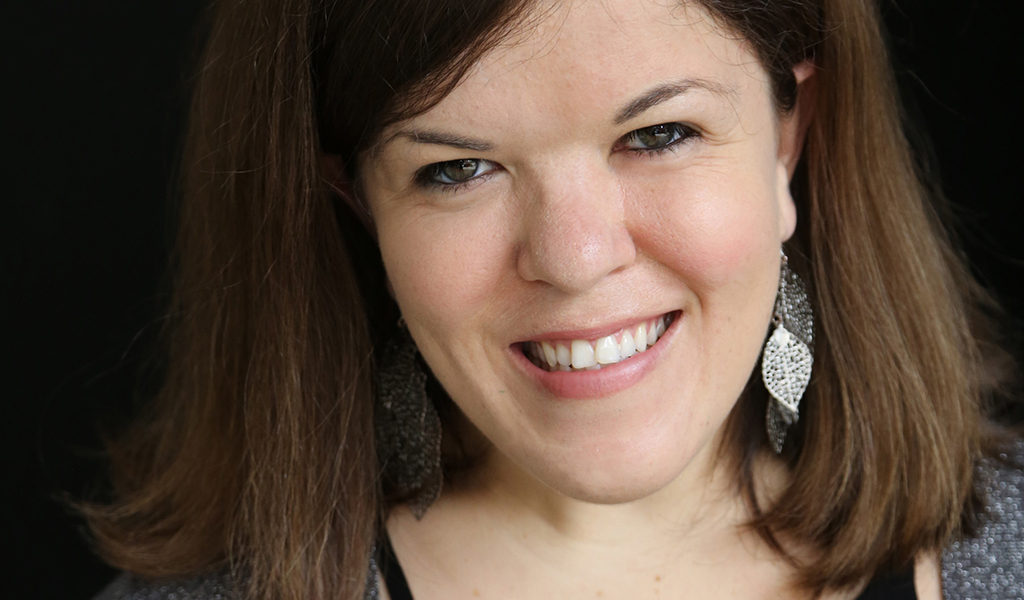
How do you define bullying?
Bullying to me is when one person projects their insecurities on another person, who is negatively affected, whether it’s emotional or physical, online or in person.
Why is the issue of bullying important to you?
Growing up with a physical difference, more specifically achondroplastic dwarfism has made me a target of bullying. I was fortunate to have close family members and friends who protected me, for the most part, from potential bullies while growing up. However, I mentor young people with dwarfism who are negatively affected by bullying almost every day. Bullying in any form is not okay.
Have you ever been bullied or felt like you were in a hostile space directed at you? If so, could you share what happened?
I’ve never been physically bullied but I was emotionally bullied at certain points during high school and college. People didn’t want to hang out with me because I was “different.” Both in high school and during my first year in college, there would be nights that I stayed up feeling alone and upset. However, throughout the whole time, I was fortunate to have constant unconditional love and support from my parents and sister.
What do you find the most effective way to approach a bullying situation?
The person being bullied should speak up or write their feelings down on paper. They shouldn’t be afraid to report bullying. If it affects someone, it will most likely affect more people in the future. People can prevent it from continuing by talking to a reliable source (i.e. family member, friend, mentor, and/or teacher). They may even be willing to address the bully, in a professional manner, with the option of keeping your name anonymous.
How do you feel the words we use play a role in building or inhibiting community?
Any word used in a comment or observation that is used to poke fun at someone isn’t appropriate. Just because someone looks or acts different from the “norm,” it doesn’t mean that they should be treated differently or made fun of. It’s important to use respectful words and to treat others the way that you want to be treated in return.
What do you think communities should be doing to create safe space for diverse identities such as individuals with disabilities?
It’s important for every community to be inclusive of everyone in it. Ask questions and don’t make assumptions. People of all abilities should have equal access to everything offered within their community. Don’t segregate any one demographic. Every community should treat everyone the same, with an equal amount of respect and kindness.
How do you feel young people with disabilities handle situations differently than adults? What can we learn or improve upon?
Young people are afraid to speak up because they assume that will make the situation worse. They’re afraid that the bully will find out that they’re being reported. Adults may speak up but can sometimes be known to speak before they think. Having a clear head is important for addressing any problem. People should collect their thoughts by writing down their feelings before they address the situation. Of course if anyone ever feels like their life is at stake, they should call the police.
You are a motivator! If you could do one thing to motivate people to stop bullying, what would you do?
Before you act, think about how you feel if that was the way that someone treated you. Hopefully that thought prevents you from moving forward in the role of a bully.
How would you say you stand up to bullying?
I’m comfortable with myself and don’t let people’s negative comments and thoughts get to me. I think that the act of ignoring is more effective than reacting to negative comments being directed towards you. Based on my experience, people stop bothering me once they realize that their comments don’t affect me. I’m proud to be me and I’m not going to let others negative reactions towards me affect my happiness.
Who (or what) do you turn to for support when you are having a rough day?
When I’m having a rough day, I head towards the closest body of water to reflect on the situation at hand. I may even choose to call a family member or close friend.
Becky Curran dreams about a bully free world. She’s always been passionate about changing perceptions of people with disabilities in the media, since that ultimately affects how they’re treated in our society. As a diversity consultant and international public speaker, she has delivered motivational speeches throughout the United States and Kenya, proving to people that anything is possible for people of all abilities. Learn more at her site or follow her on Twitter: @BeckyMotivates.
